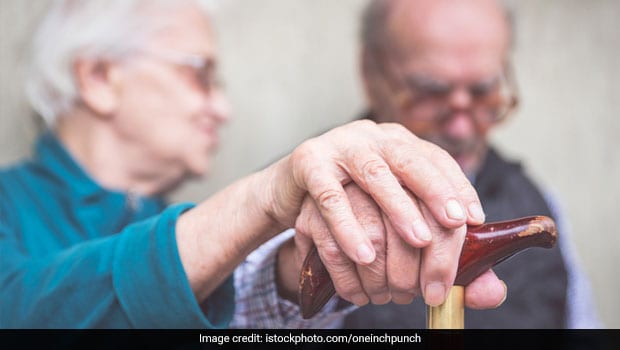There are stages during human development when a person's diet can be a crucial factor that determines their health. During the growth years for example, kids need a specific quality of diet in order to stay nourished and receive all the nutrients that are essential for proper development of body organs and functions. Similarly, during old age, diet quality may ascertain the level of their mental and physical well-being. A new study has linked diet quality with risk of incidence or risk of frailty in older adults. The study warned that a poor overall quality of diet may increase older people's risks of frailty that the overall diet quality was a more important factor than protein intake for older adults.
The study titled, "Prospective Associations of Diet Quality With Incident Frailty in Older Adults: The Health, Aging, and Body Composition Study" was published in the Journal of the American Geriatric Society and it was conducted among American men and women between the ages of 70 and 81. A total of 2154 senior citizens participated in the study and they were asked to fill out a food frequency questionnaire to assess their dietary intake over the preceding year to the start of the study. The diet quality indicators were according to the Healthy Eating Index and were also based on energy intake and intake of protein. The participants' frailty status was assessed "using Fried's five-component frailty phenotype and categorized into "robust" (0 components present), "pre-frailty" (1-2 components present), or "frail" (3-5 components present)."
The researchers found that during the four-year follow-up, 277 of the total participants developed frailty and that those consuming medium or poor quality diets had a higher frailty incidence than those consuming good-quality diets. The study concluded by saying, "Poorer overall diet quality and lower vegetable protein intake may increase the risk of becoming frail in old age. We found no association for intakes of energy, total protein, or animal protein."
(This content including advice provides generic information only. It is in no way a substitute for qualified medical opinion. Always consult a specialist or your own doctor for more information. NDTV does not claim responsibility for this information.)







